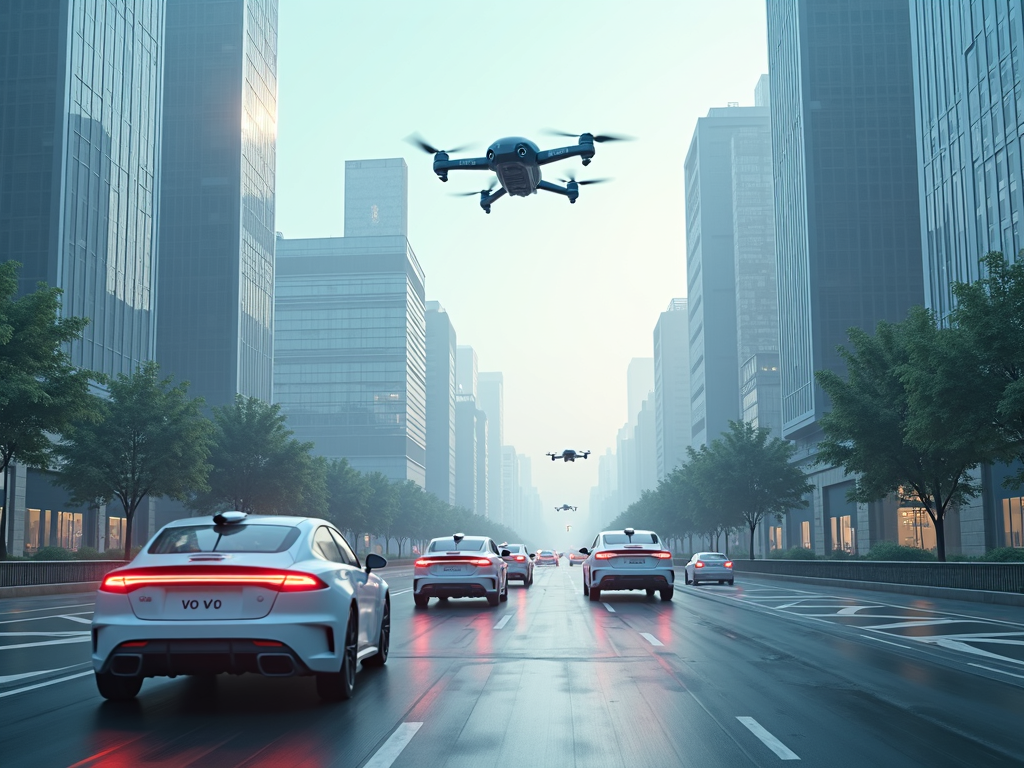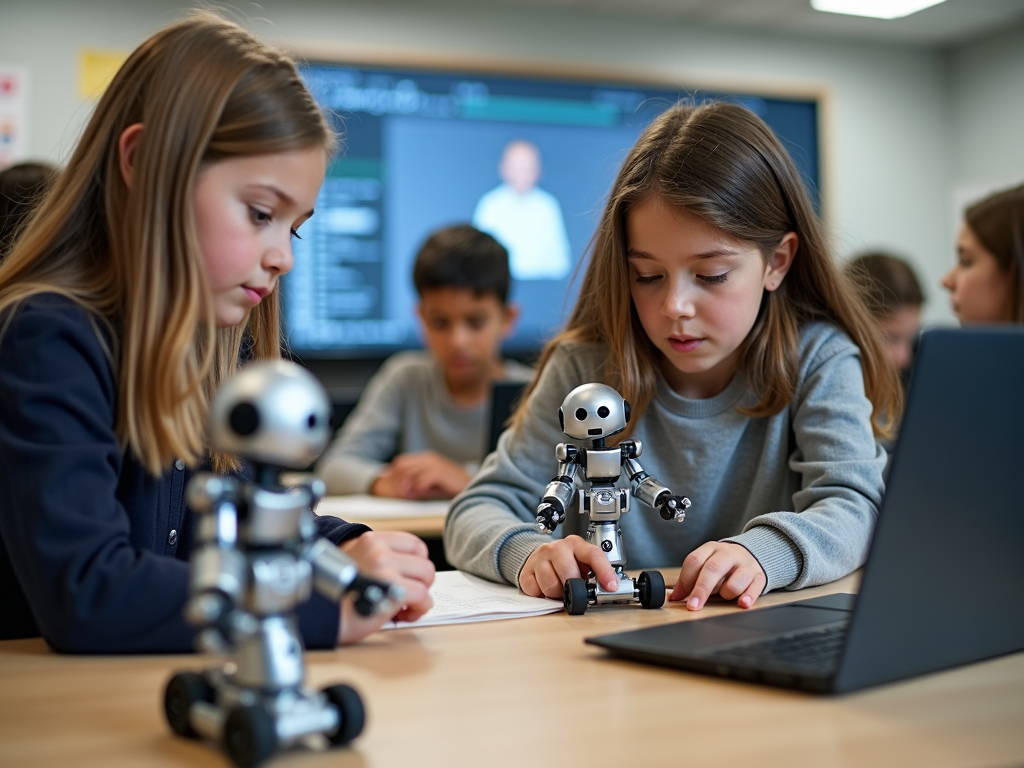The Future of Automation: Shaping Our World
Automation is revolutionizing the way we live and work. From self-driving cars to smart homes, automation is making our lives more efficient and convenient. But what does the future hold for this technology? In this article, we'll explore the potential of automation and how it's shaping our world.

Automation has been a part of human history for centuries, from the invention of the wheel to the Industrial Revolution. Today, it's more advanced than ever, with artificial intelligence and machine learning driving its progress. Automation is not just about replacing human labor; it's about enhancing our capabilities and freeing us to focus on more creative and meaningful tasks.
One of the most exciting aspects of automation is its potential to solve complex problems. For example, in healthcare, automation can help diagnose diseases more accurately and quickly. In agriculture, it can optimize crop yields and reduce waste. The possibilities are endless, and we're only beginning to scratch the surface of what's possible.

However, automation also presents challenges. One of the biggest concerns is job displacement. As machines become more capable, many jobs that were once done by humans are being automated. This raises questions about the future of work and how we can ensure that everyone benefits from automation.
To address this, we need to focus on education and retraining. By equipping people with the skills they need to work alongside machines, we can create a future where automation enhances human potential rather than replacing it. This requires a shift in mindset and a commitment to lifelong learning.

Another important aspect of automation is data privacy. As more of our lives are automated, we're generating vast amounts of data. This data can be used to improve services and personalize experiences, but it also raises concerns about privacy and security.
Tools like secure cloud storage are essential for protecting our data. For instance, Internxt and Mega are two options that prioritize security and privacy. Internxt uses blockchain technology to ensure that data is encrypted and decentralized, while Mega offers end-to-end encryption and zero-knowledge privacy. Both are excellent choices for those who value their online privacy.

In addition to secure cloud storage, there are other online privacy tools that can help protect our data. VPNs, for example, can encrypt our internet traffic and hide our IP addresses. Password managers can help us create and store strong, unique passwords for all our accounts. These tools are essential in an automated world where data is constantly being collected and analyzed.
As we look to the future, it's clear that automation will continue to play a significant role in our lives. From self-driving cars to smart homes, automation is making our lives more efficient and convenient. But it's also important to consider the ethical implications of automation and ensure that it's used in a way that benefits everyone.

In conclusion, the future of automation is bright, but it's up to us to shape it in a way that benefits everyone. By focusing on education, retraining, and data privacy, we can create a future where automation enhances our lives rather than replacing them. Let's embrace the potential of automation and work together to create a better world.